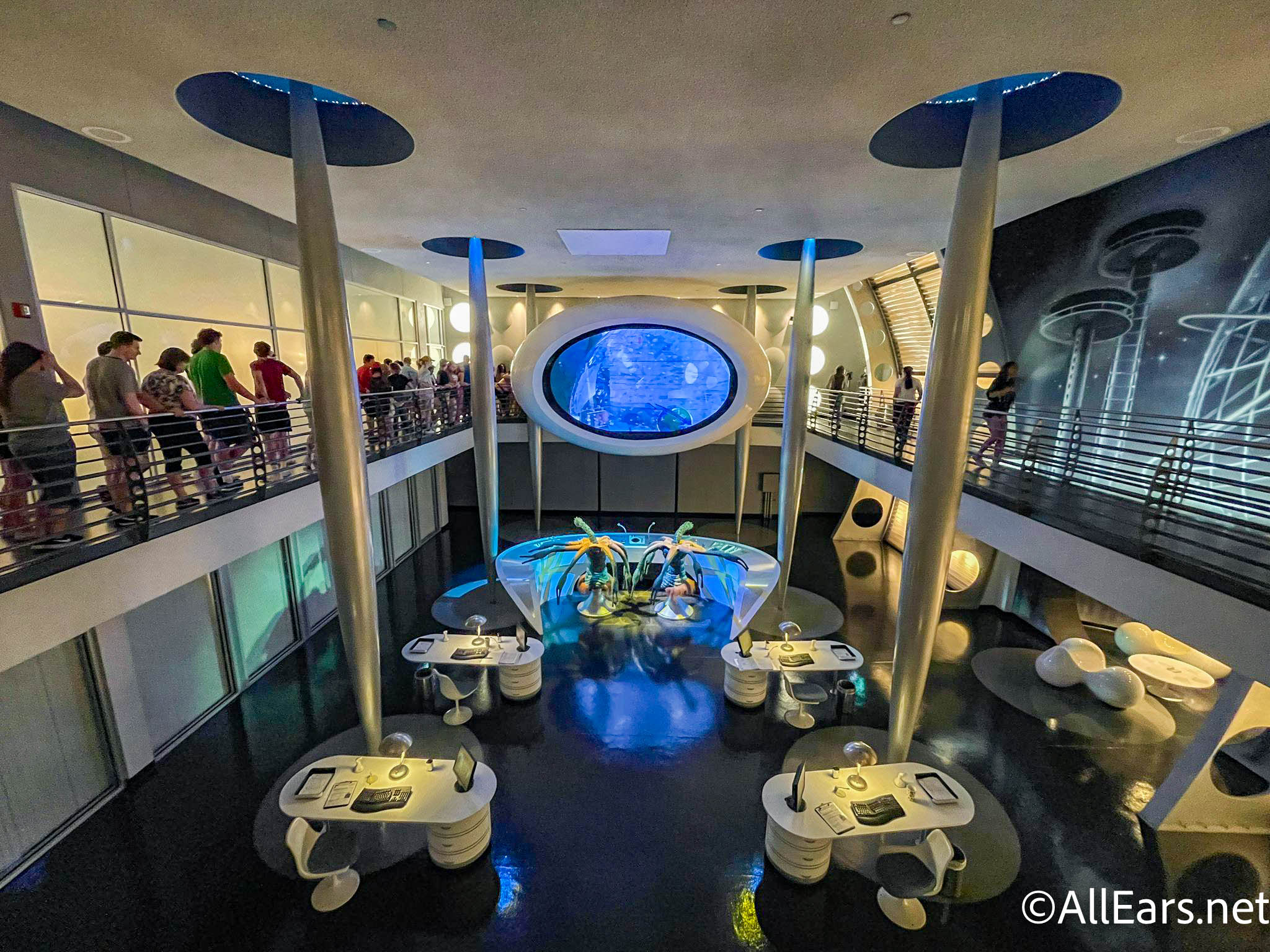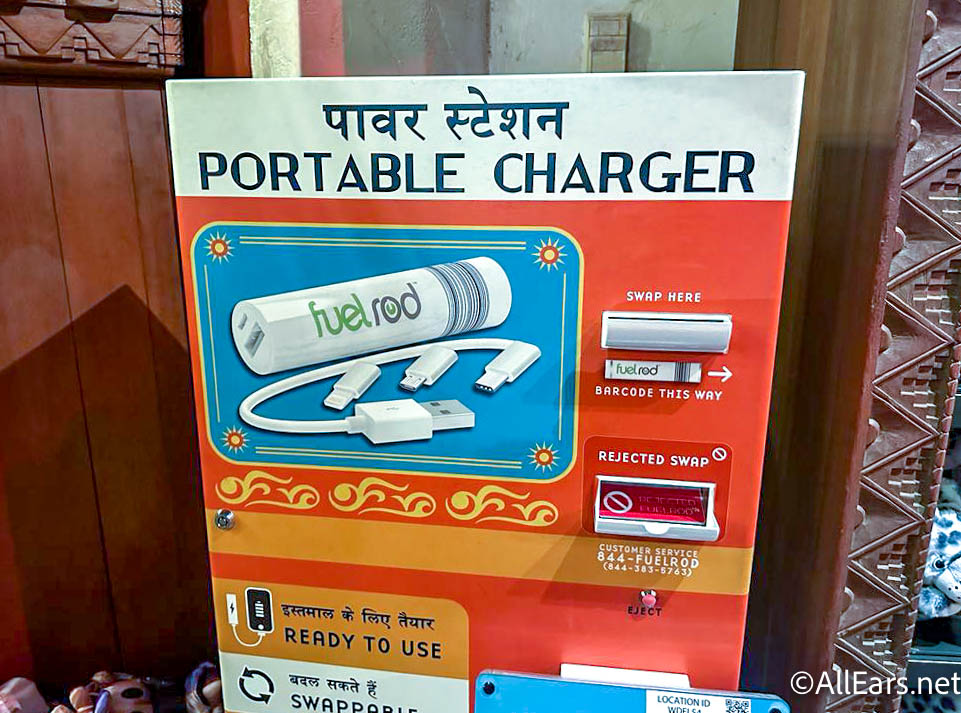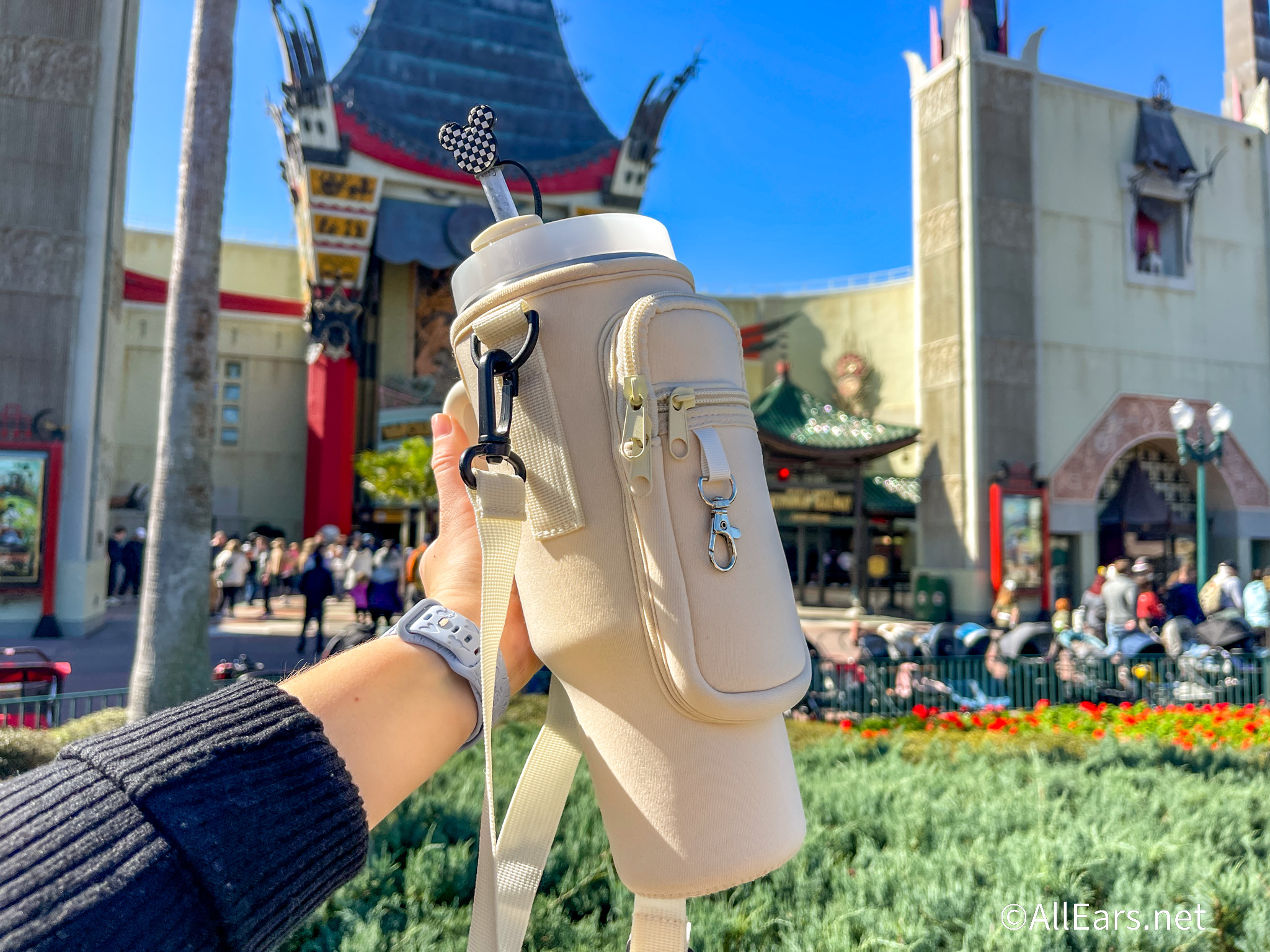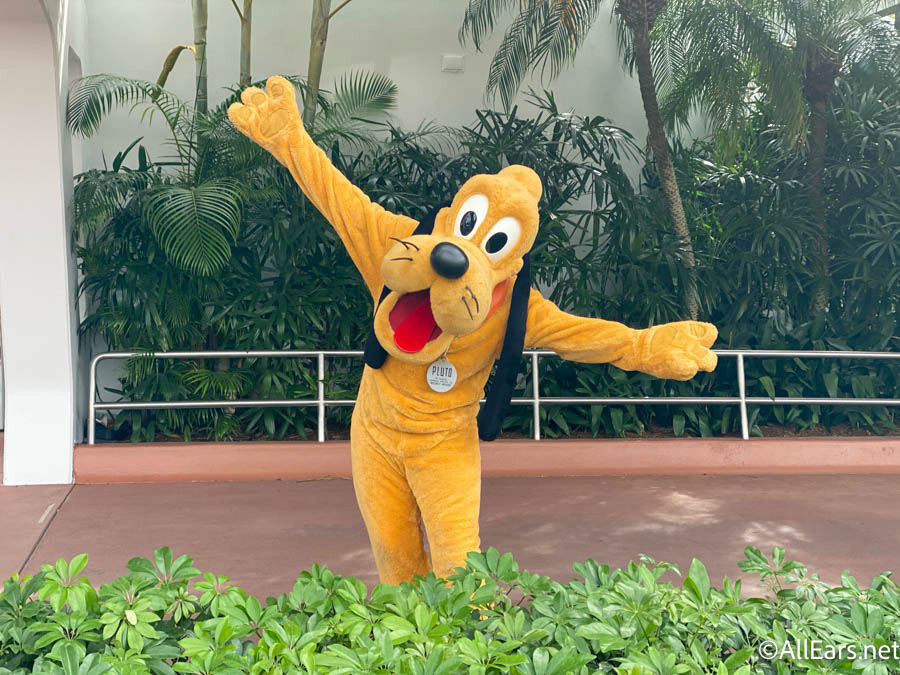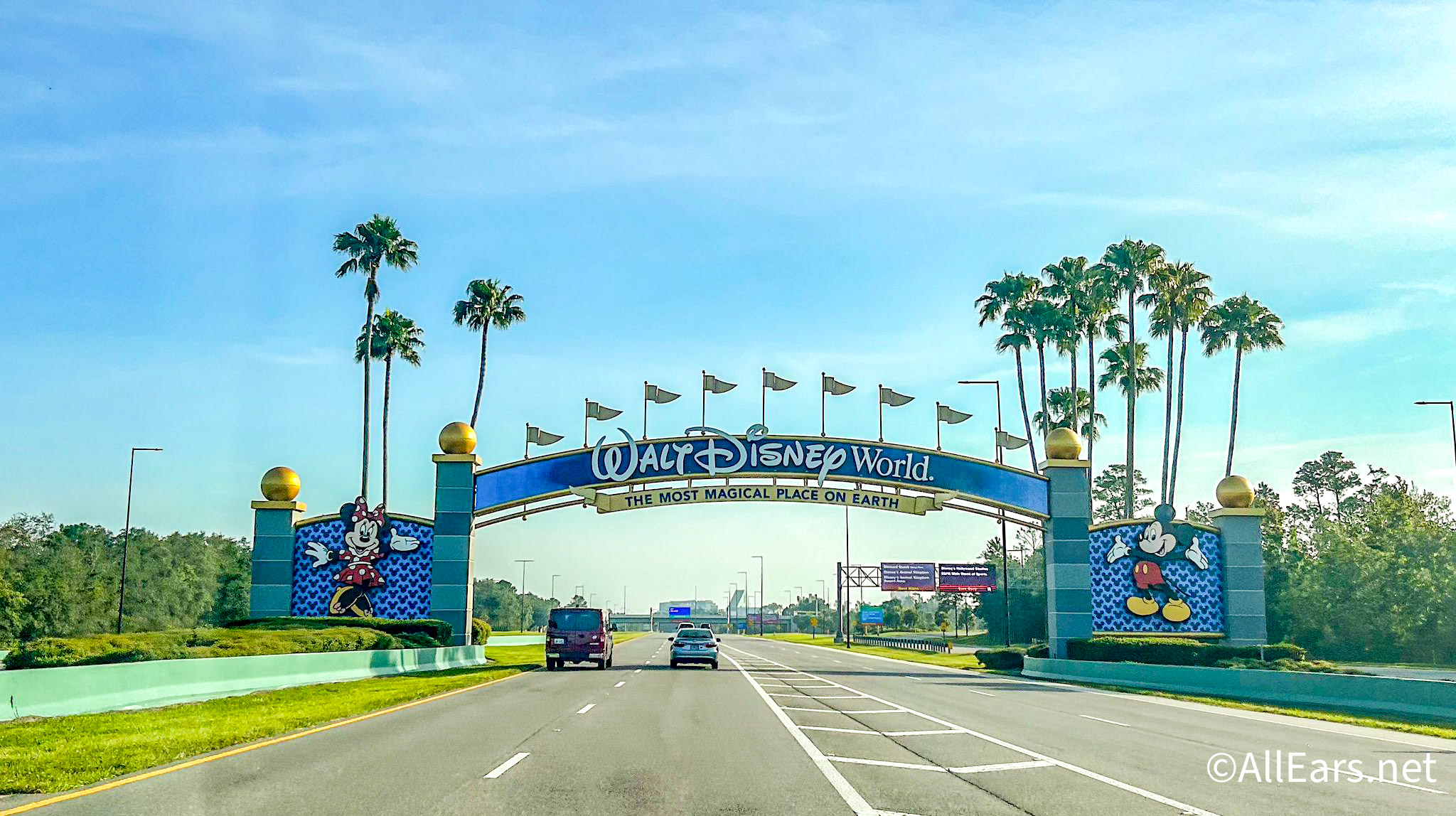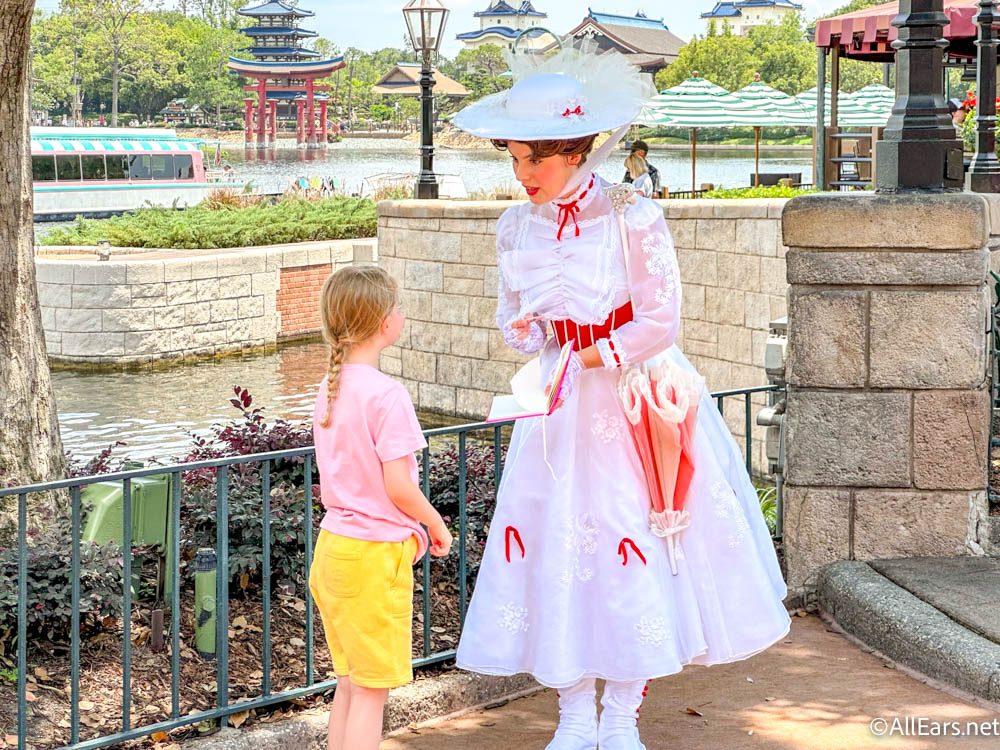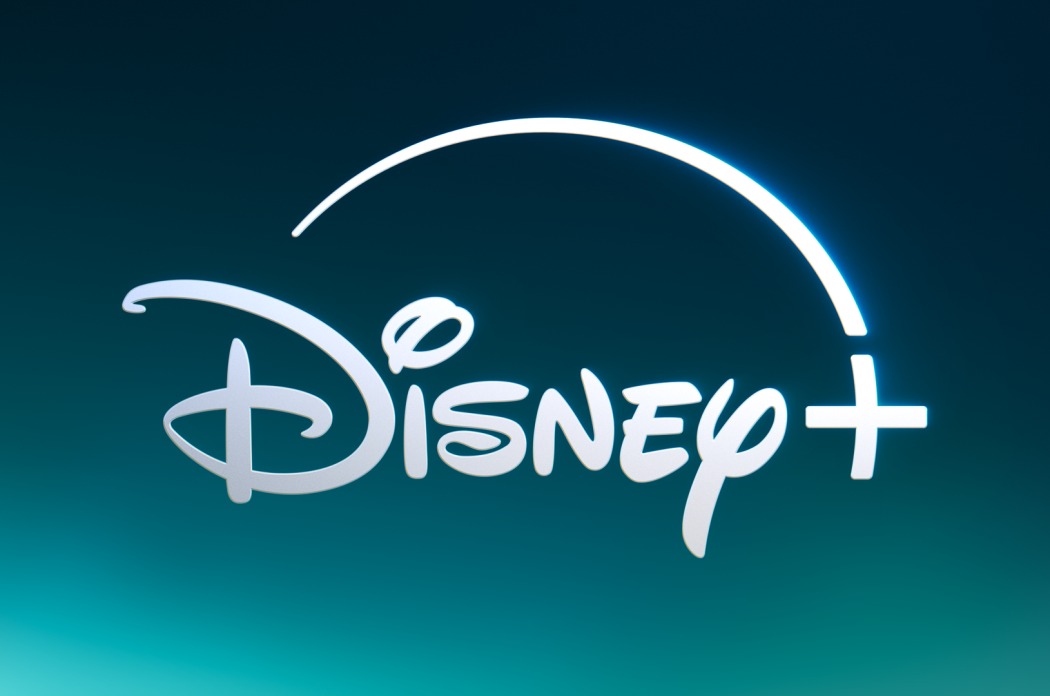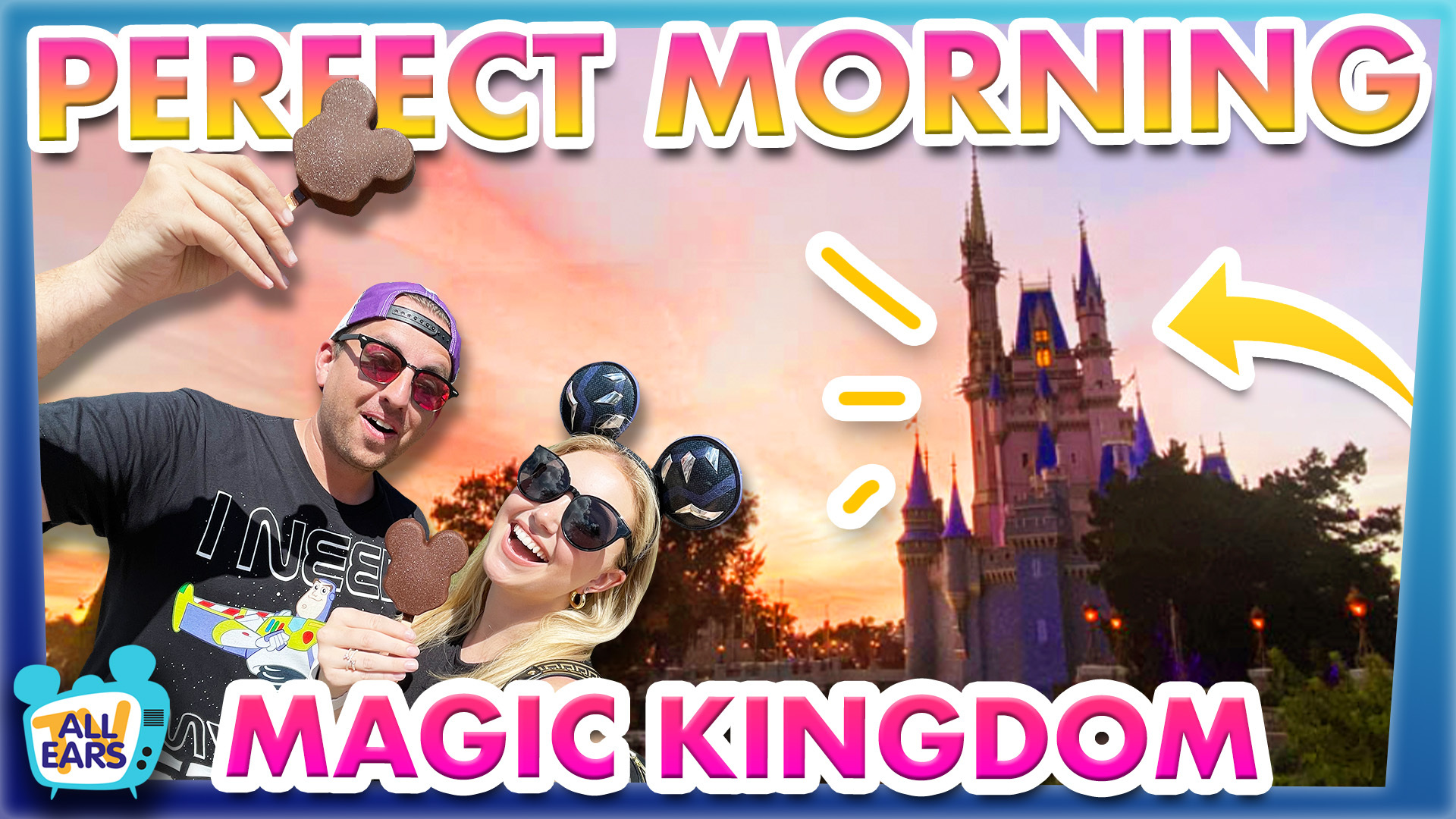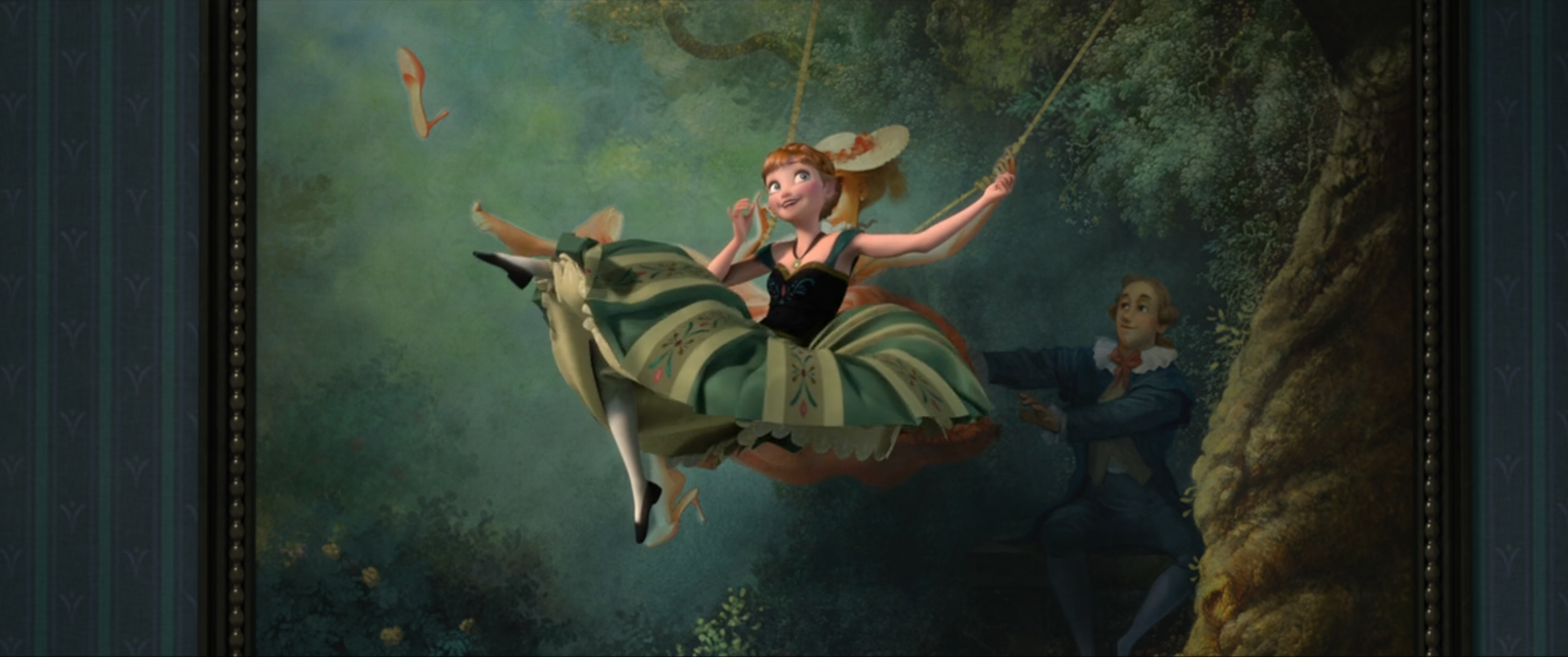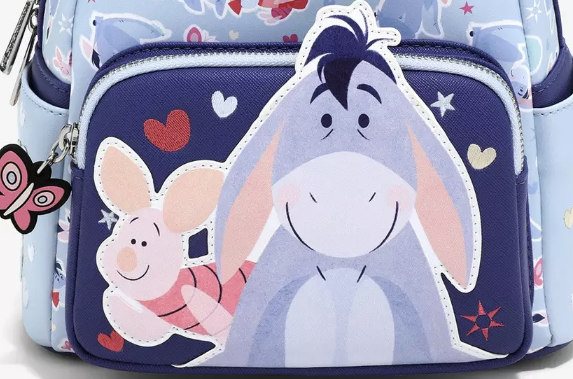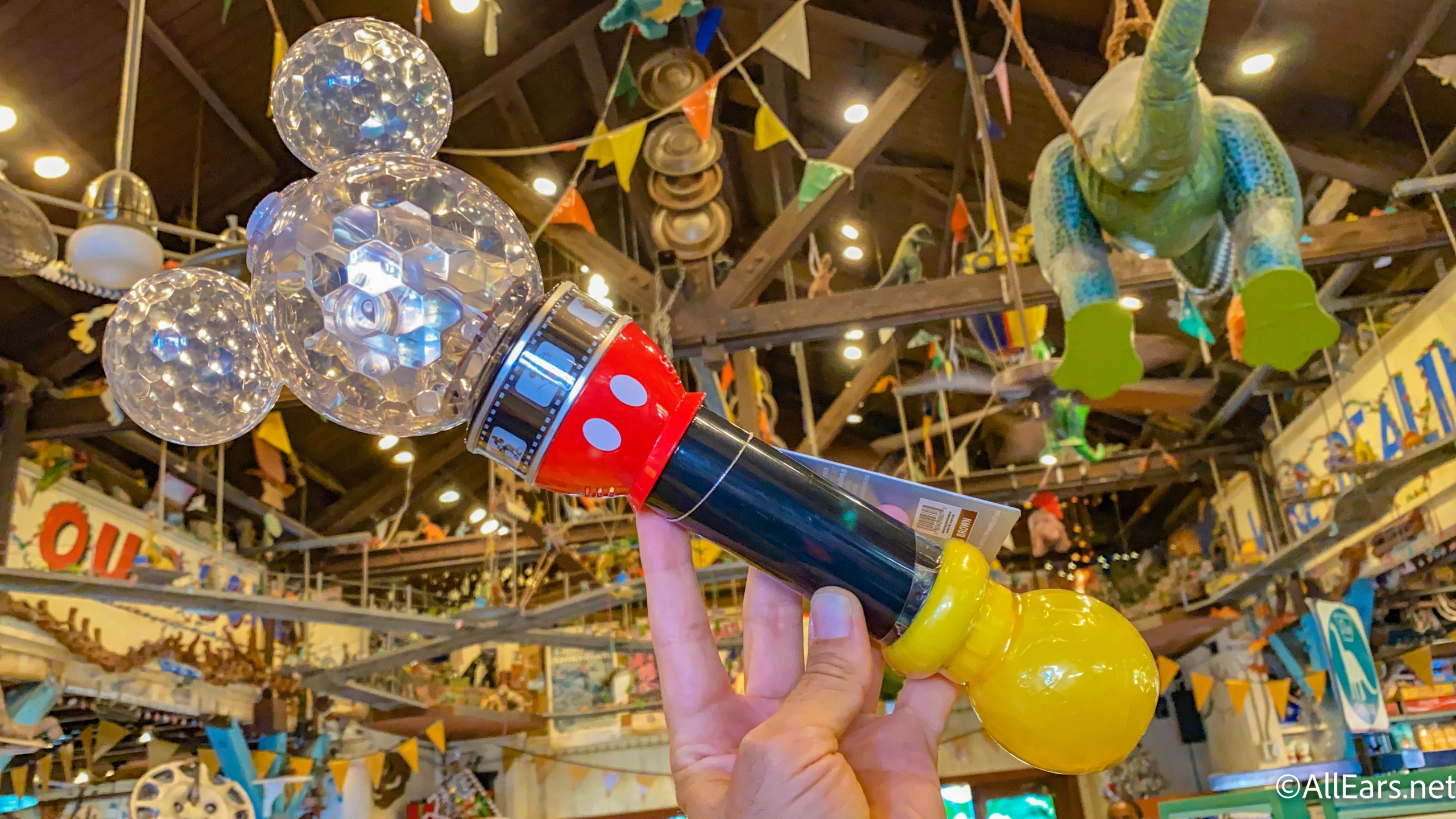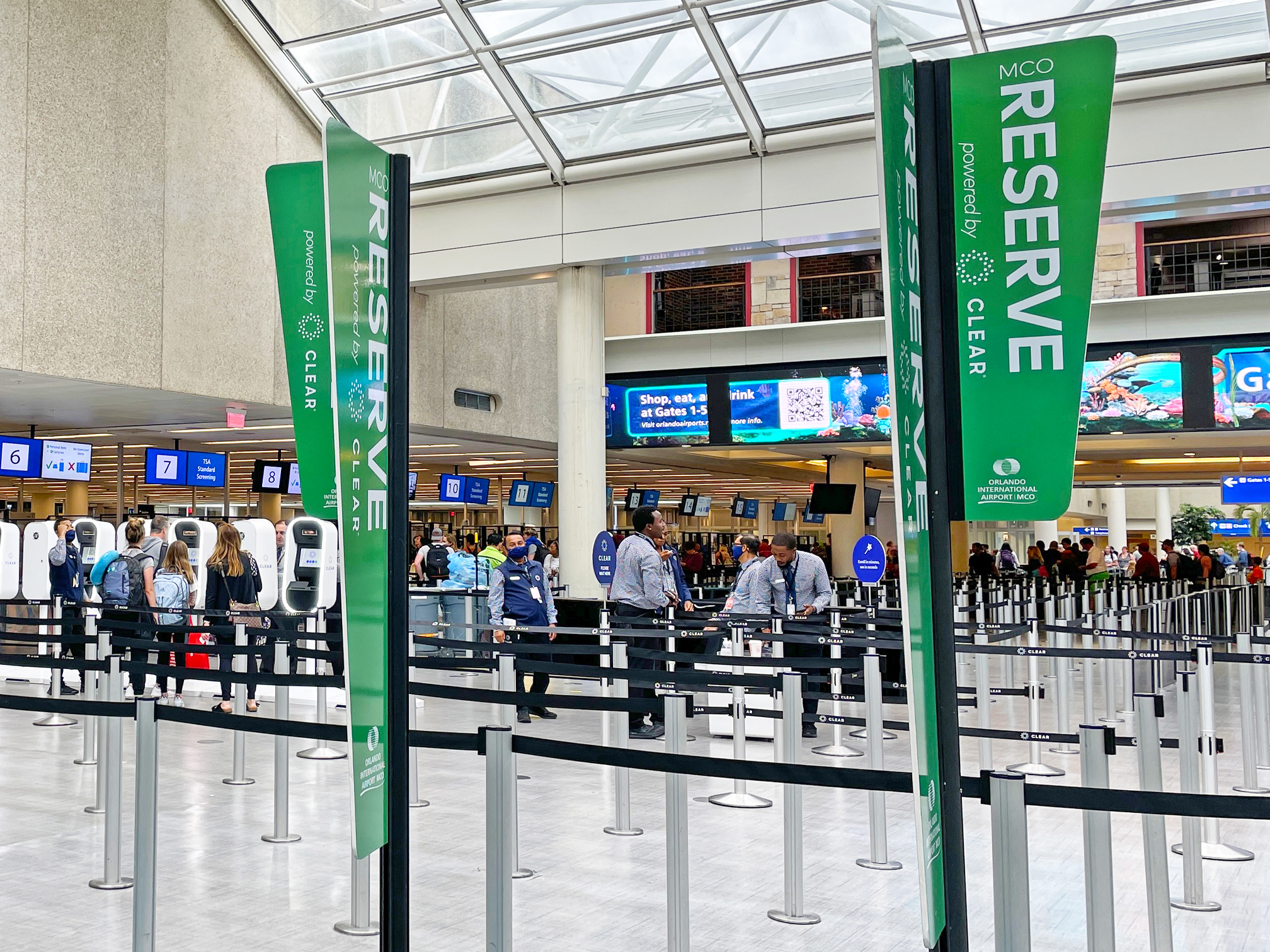The History of Walt Disney World Tickets Part 2
by Jack Marshall, ALL EARS® Guest Columnist
Feature Article
This article appeared in the July 5, 2005, Issue #302 of ALL EARS® (ISSN: 1533-0753)
AUTHOR'S NOTE: Allears.net has added a new section of pages pertaining to the history of ticket prices at the Walt Disney World Resort at http://allears.net/tix/tickethistory.htm . These pages contain the selling prices of tickets over the years, information as to what each ticket entitled you to, and scans and photos of many of the actual tickets themselves. In conjunction with these new pages, I thought a little general history lesson on Disney World tickets was in order. This is the second of two articles designed to give a brief overview of the history of Walt Disney World admission media.
In my first article (http://allears.net/ae/issue299.htm ), I covered Disney's tickets in the 1970s and '80s. Let's continue on with the 1990s through the present.
——————–
The 1990s & 2000s
——————–
The 1990s brought many changes, including the first pass (the Super Pass) that included seven consecutive days use of the minor parks, and the introduction of the Premium Annual Passport.
In 1992, Disney World upgraded their park gate turnstiles. The new ones would allow for a new generation of Disney admission tickets to be used. These new tickets were automatically date-stamped when inserted into the turnstile and would punch off a little corner piece of the ticket where the remaining days on the ticket were counted down. (http://allears.net/tix/92-4daya.jpg) This was the first time that tickets weren't handed to a Cast Member to be stamped. Older tickets were still useable but had to be hand-stamped. They couldn't be put into the turnstile.
The '90s also saw Disney become very concerned about the growing problem of partially used tickets being resold by unlicensed vendors. You couldn't go to a restaurant or convenience store in the Orlando area without being approached by someone who wanted to either buy your unused park days or to try to sell you a partially used ticket that they already had.
In December 1993, Disney World made an even more drastic and a much more controversial change in its ticket policy than the switch to passports in 1982. Disney decided that park-hopping tickets — the ones that allow visiting more than a single theme park in a day — would only be sold to Disney's resort guests and people staying at the Swan and Dolphin. That brought a huge outcry from the Downtown Disney hotels and a week later, those hotels were added as well. That meant that offsite day guests could only buy a four-day Value Pass that would allow a single admission to each of the (then) three theme parks, and a fourth day to their choice of one of the parks.
Disney resort guests could continue to get the Super Duper Pass that allowed park-hopping. A five-day Around the World Pass was then offered for offsite guests. It allowed one day at each of Disney's three major parks and two days of "guest's choice" admissions, during which they could return to a major park or visit Typhoon Lagoon, River Country, Discovery Island or Pleasure Island. The reasoning that Disney used for this change was that it was made primarily to discourage the resale of partially used multi-day passes.
This change created one of the biggest public outcries in Walt Disney World history. The complaints Disney received when they discontinued the Surprise Mornings resort perk in 2001 was a mere drop in the bucket compared to this. The public won this one in a hurry — three months. In March 1994, Disney changed the ticket policy back to making park-hopper tickets available to everyone.
Continuing in March 1994, Disney replaced its existing park tickets with ones that put a digitized photograph of the purchaser right on the ticket. (http://allears.net/tix/94-4dayMKC.jpg ) The idea behind this was to tie that ticket to the original purchaser only, thereby eliminating the resale market for these tickets. These photo tickets continued to be sold until 1996, when Disney World went to an even newer technology, the Automated Ticketing System (ATS). The main change that this brought was the elimination of tracking the park days by stamping on the ticket itself. There would be no more ticket stamping of each admission by hand or machine. Tickets would now be tracked solely by the computer system reading the information contained on a magnetic strip that was encoded onto the back of every ticket. There was no way to tell by looking what was used or unused on any ticket.
These new tickets also changed their design. They were now about the size of a credit card and had colorful photos of various Disney characters and icons on the front. No longer was a single ticket design used. Now most tickets had groups of four different designs, some with different characters, some with the same design but using four different colors on the ticket. The year 1996 also saw the elimination of resort guests' discount on ticket prices.
In 1997, Disney introduced the All-in-One ticket in five-, six-, and seven-day lengths. The big difference with this ticket was that you got a total number of days that could be used at any theme park, water park, or Pleasure Island. Use the ticket on Monday at Typhoon Lagoon and you used up a day from the ticket. Use the ticket on Tuesday at the Magic Kingdom and you used up another day from the ticket. Use the ticket on Wednesday at Epcot in the morning and Pleasure Island at night and you used a single day from the ticket. This All-in-One ticket only lasted until 1998.
By April 1998, when Disney opened its fourth theme park, Disney's Animal Kingdom, a one-day ticket was up to $42 for adults. Disney started charging fees to upgrade tickets purchased prior to Animal Kingdom's opening on all tickets, including Annual and Premium Annual Passports. This upgrade fee lasted for about nine months until the policy was dropped to try to increase the lagging park attendance at Animal Kingdom.
In 1999, Disney marked another first — in this year, Disney closed Discovery Island, making it the first of its separately charged attractions to close. This was followed in 2001 with the closing of River Country, which was closed on a "temporary" basis until the officially permanent closing announcement was made in 2005.
Tickets stayed pretty much static with the exception of design changes for themed celebrations (the Millennium Celebration, 100 Years of Magic, etc.) in the early 2000s. The Park Hopper and Park Hopper Plus tickets were the standard until January 2005. Today we have the Magic Your Way tickets that people either love or hate. Guests who want four-day admissions or less tend to hate them. Those who want five days or more tend to love them. Either way, it is a giant step forward for Disney in allowing the guests to customize a ticket to include only what they want, and not have to pay for unwanted and unneeded options. For the first time, guests have the option to buy cheaper tickets that expire if that fits their needs better. These tickets now carry all newly designed images for the Happiest Celebration on Earth festivities.
Disney is not all greed with its tickets, though. They do, on occasion, throw the guests a bone, so to speak. In 1991, Disney offered free admission to troops returning from Operation Desert Storm in Iraq. Back in December 1992, anyone could buy a one-day Epcot Center ticket between December 1-15 and it would be good through the entire month of December, excluding New Year's Eve. In other words, a one-day Epcot ticket bought on December 1 was actually a 30-day ticket. And in 1994, Disney offered teachers free admission to Epcot for the entire year. And at various times in the 2000s, they have offered combinations of free and reduced admissions to police, firefighters and active military personnel and their families.
Disney World has been very consistent with one ticket policy right up to 2005. The regular tickets never expired unless expressly stated on the ticket. That means that anyone who had the foresight in 1971 to stock up on General Admission tickets for $3.75 each can still exchange them at Guest Relations today for a one-day, one-park ticket. You don't happen to have any hanging around, do you?
What's next for Disney World tickets? No one really knows at this point. But you can bet that based on the 34-year track record, more change isn't all that far off. And like all previous changes, it will be greeted by those who love it and by those who hate it. I prefer to just look at it the way Disney's track record on tickets has proven over the years: any new ticketing change is only temporary.
-=-=-=-=-=-=-=-=-=-=-=-=-=-=-=-=-
If you have any pricing or other information to add to our ticket history or have scans or good quality digital photos of tickets that we are missing, we would appreciate hearing from you. Just go to http://allears.net/forms/feedback.htm and select "Submit WDW Ticket History Info." If you wish to submit scans/photos, let us know what you have and we will email you with the address to send them to. Our sincere thanks to all of you who have already written and offered to share your old tickets with us.
-=-=-=-=-=-=-=-=-=-=-=-=-=-=-=-=-
Jack Marshall, who likes to be referred to as the "Keeper of the ALL EARS® Archives and Tips Database," is a strong behind-the-scenes presence at Allears.net.
-o-o-o-o-o-o-o-o-o-o-o-
Editor's Note: This story/information was accurate when it was published. Please be sure to confirm all current rates, information and other details before planning your trip.

